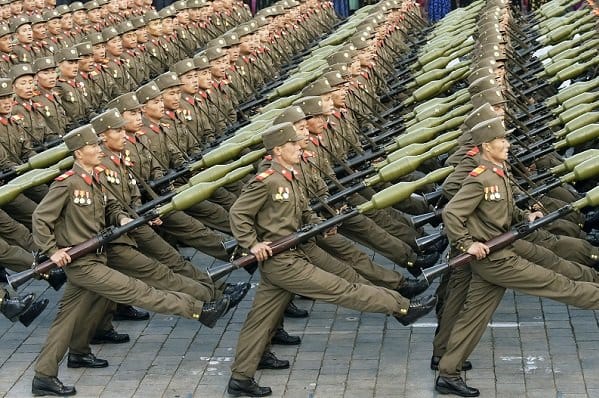In a significant and controversial move, Russian President Vladimir Putin and North Korean leader Kim Jong Un have signed a defense pact resembling NATO’s Article 5. The pact, which was formalized in June, stipulates that both Moscow and Pyongyang will "provide military and other assistance without delay by all means at its disposal" if either nation finds itself at war. This development raises concerns among Western nations about the potential escalation of the ongoing conflict in Ukraine.
Background and Context
Since the onset of the Russian invasion of Ukraine in February 2022, the international community has witnessed heightened geopolitical tensions. Western countries, led by the United States and the European Union, have imposed a series of economic sanctions on Russia in response to its military actions. In parallel, they have extended financial and military aid to Ukraine to bolster its defense efforts. Amid this backdrop, North Korea’s close alignment with Russia introduces a new layer of complexity to the conflict.
The Military Pact
The newly signed pact includes a commitment from both nations to respond collectively to any armed invasion. The agreement reads, "In case any one of the two sides is put in a state of war by an armed invasion from an individual state or several states, the other side shall provide military and other assistance with all means in its possession without delay." This provision mirrors NATO’s Article 5, which specifies collective defense measures if a member state is attacked.
As part of the military cooperation, North Korea has dispatched elite military personnel to Russia. The delegation, led by Kim Geum Chol, rector of Kim Il Sung Military University, consists of soldiers whose mission remains undisclosed. North Korea’s KCNA news agency confirmed the arrival of these troops in Russia, while South Korean media outlet TC Chosun reported that engineering troops would be sent to the occupied areas of Donetsk to assist with reconstruction efforts.
International Reactions
South Korean President Yoon Suk Yeol has labeled the cooperation between Russia and North Korea as a "distinct threat and a grave challenge to the peace and security on the Korean peninsula and in Europe." The United States shares these concerns, with Pentagon spokesperson Pat Ryder cautioning that North Korean forces could be reduced to "cannon fodder" in an “illegal war against Ukraine.”
North Korea’s unwavering support for Russia is not new. Last September, Kim Jong Un declared Russia’s military actions as a "sacred fight to defend its sovereignty," pledging full and unconditional support for what he referred to as a battle for “justice against the hegemonists,” specifically alluding to Washington. Kim stated, "We have always expressed full and unconditional support for the actions taken by the Russian government. I take this opportunity to affirm that we will always stand with Russia on the anti-imperialist front."
Future Implications
The signing of this defense pact could have far-reaching consequences. The presence of North Korean military personnel in Russia may signify a deepening of the Russia-North Korea alliance, potentially drawing other nations into a broader conflict. Additionally, it could set a precedent for other nations to form similar pacts, thereby escalating global military tensions.
The international community will be closely monitoring the developments stemming from this pact, especially Western nations that have already voiced strong opposition. As the situation in Ukraine continues to evolve, the alliances and actions of key global players like Russia and North Korea will undoubtedly play a critical role in shaping future geopolitical dynamics.
For more information about the details of this agreement and developing reactions, visit the official website of North Korea’s KCNA news agency: http://kcna.kp.
